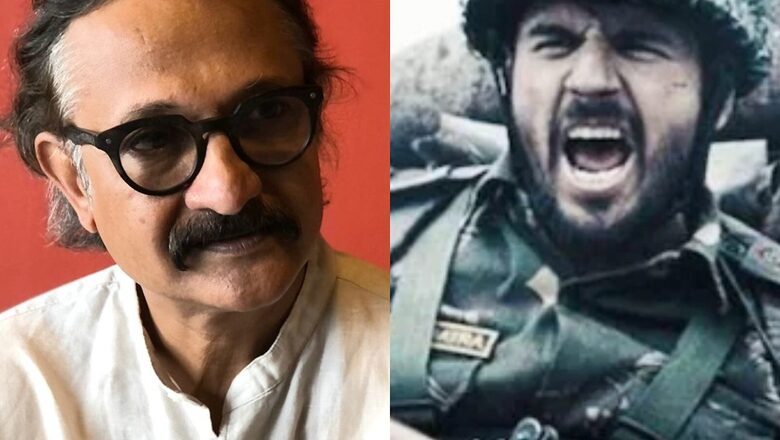
views
A couple of weeks after its release, Sidharth Malhotra and Kiara Advani’s Shershaah is still being talked about, proving that the biopic on war hero Captain Vikram Batra has managed to touch hearts. Directed by Vishnuvardhan, the story attempts to highlight some crucial moments from the late army man’s life, right from wanting to join the army, falling in love, winning wars and then subsequent sacrificing his life for the motherland he swore to protect. However, adapting a person’s life events for the screen has its own sets of challenges. We had a chat with the writer of the film, Sandeep Srivastava, who gave us an insight into what went behind producing this tear-jerker of a film, and more.
Excerpts from the interview:
Captain Vikram Batra’s life was an eventful one with many highlights. How did you take the creative liberty to fit it in 2 hours while maintaining the accuracy?
When I started researching about Captain Vikram Batra, there we far too many things and when you’re writing a script that you know is going to be a two-hour movie, you can’t incorporate everything. So you go through a process of figuring out which are the events that will actually help tell the story in a better way, and what are the incidents that took place in his life that could actually add to the story. You start picking on those and start sorting things around them. Whatever happened in his life are the milestones of this life and you can’t alter those. But when you move from one milestone to another milestone, in that journey there is scope for you to take some creative liberty, and add drama without altering the soul of the story. So that’s the process one had in mind.
A war film by default has patriotic undertones. How did you make sure not to go overboard with that patriotism and nationalism?
That was a very conscious decision on our part. You don’t have to beat your chest and tell people that you are patriotic. What you’re going to do for the country shows whether you’re a patriot or not. So we just wanted to stick to that and there was no need for us to sort of underline and do something which is on the face to tell people that we are patriotic. That’s not how Captain Vikram Batra’s character was conceived. We wanted to be true to how these soldiers are in real life. When I started interacting with the army, I realized that they are way different from what has been portrayed in the movies or in the media. There is a certain kind of image that has been created about them, whereas they function normally just like us. And nobody has captured that. So that is what our army man is going to look like. All those people in the uniform have a job to do, and they don’t have to really project themselves as patriots of this country. It’s just the decisions that they’re making when then they are in a situation where they are fighting the enemy, is that will decide how much patriotism they carry in their heart.
What are some of the challenges you faced while writing the script?
There was so much material, and we had the problem of plenty, the problem was not what to keep but what to keep aside, because everything was so eventful and so dramatic. It was a tough call for us to select parts, episodes of his life, and just stick to what we now see. The other challenge was that being based on a real-life character, there are a lot of people who know this person. Once you have created this character, none of those guys should come around and say, ‘Hey, this is not how Vikram was’. You have to be true to them. You are also telling the story of those characters who Vikram interacted with, and you have to make sure that even those characters’ portrayal is correct. That was a big challenge, and I think we succeeded because the people who knew him and saw the film say that this is how he was.
Was any part of the story ever altered to fit the image of the star?
No, I think the star has worked so hard that he really got into the skin of the character. The credit goes to Sidharth, he’s done a wonderful job. And it shows the command that he has over his craft, it was never the other way around. Sidharth always wanted to live Captain Batra on screen, for the audience and he has not just enacted the character, he actually lived it.
A lot of audiences also feel that Kiara’s character was reduced to just Captain Batra’s fiance, and her screen space was not utilized properly.
I don’t agree with these reviews. The thing is, Kiara has done such a wonderful job that people want to see more. When I was doing my research, and I interacted with Dimple, she said that Captain Batra and she knew each other for four years but the time they spent together was just about 40 days. I think that we have captured the essence of those 40 days, which means a lot to the wonderful lady whom I have a lot of respect. It is the essence of her feelings that is coming through the way Kiara has played the character, and that’s what’s really sticking to people. So I do not think there was a need to add anything. It’s just the right amount. She is a very integral part of Captain Vikram Batra’s life, you cannot tell his story without his relationship with Dimple, and without what he did in the war. I think what we have done is struck the right balance. There are also so many views, which are just the contrary and they are saying that it is a perfect blend of his personal life and his life as a soldier.
Everyone is aware of Captain Batra’s death. The audience already knew the outcome. Even then, his death and the funeral scene had such an emotional impact. How did you achieve those emotions in that scene, despite the audience knowing the outcome?
That’s where your craft comes into play. People are already aware of how the film is going to end and what will happen but if you have made those characters whose story you are telling so endearing to the audience and if the audience starts rooting for them right from the beginning, and start falling in love with these characters, whether it is Captain Batra or Dimple, then it becomes something which is happening live in front of you. At that point in time, you’re not thinking about what you have read, you don’t have a moment to think that you know what’s going to happen. You are hoping against hope and you’re thinking that I wish this time, the outcome changes. You do not want him to die because you fall in love with him so much. Neither do you want Dimple Cheema to be left alone, because you start thinking that it will be unfair. But this is how life panned out for these two, and that’s why I think people are crying because it has become a very personal moment for them.
On the aim of the film:
It’s a film about a man whose dream was to get into the army and he got into the army and then won the war for us and he was honoured with Paramveer Chakra. I only hope that after watching this movie, if the youth starts looking at armed forces as a career option then we’ve done something really good. Then we’ve encouraged a whole lot of generations to start getting into the armed forces, the navy, the airforce, as a career option. If they can start thinking on those lines then I think we have been successful in making not just a good movie but also bringing about a little bit of change in terms of how youth looks at career options.
Read all the Latest News, Breaking News and Assembly Elections Live Updates here.










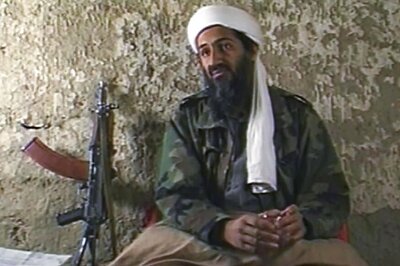



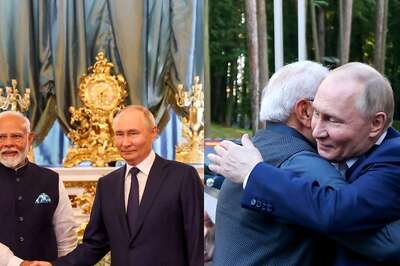

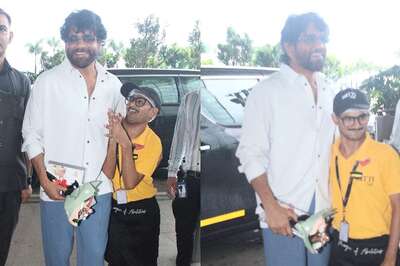
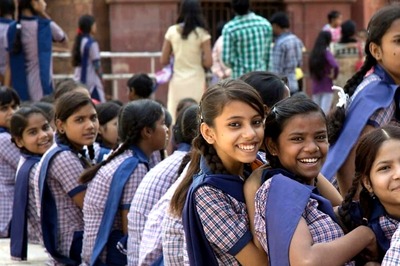

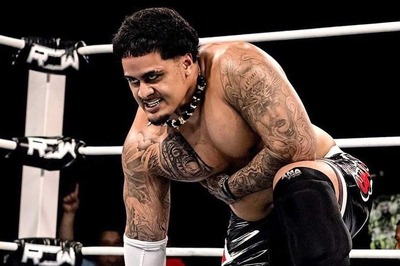
Comments
0 comment